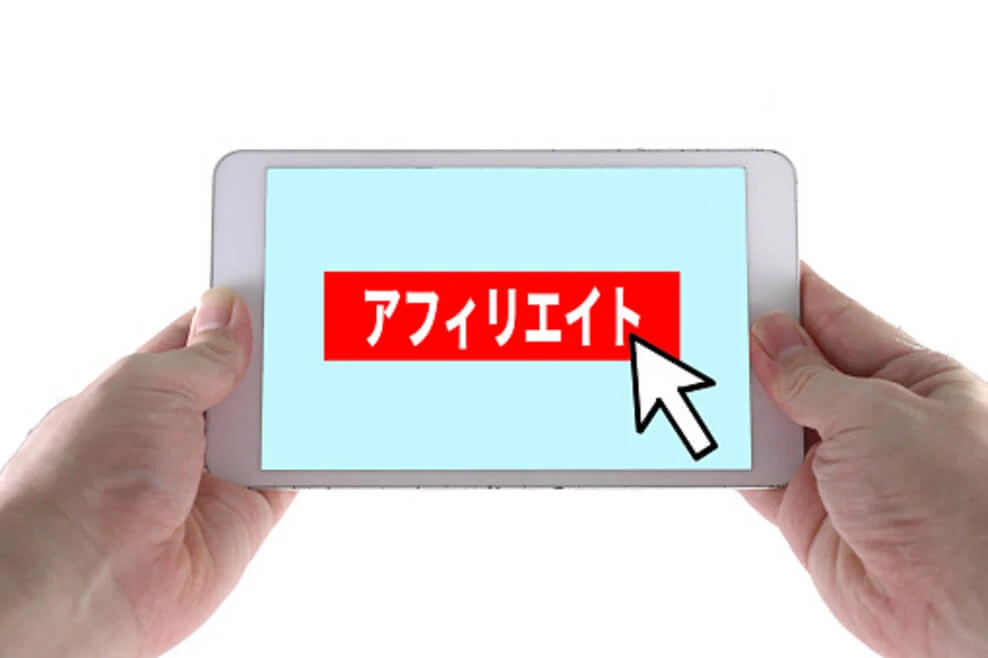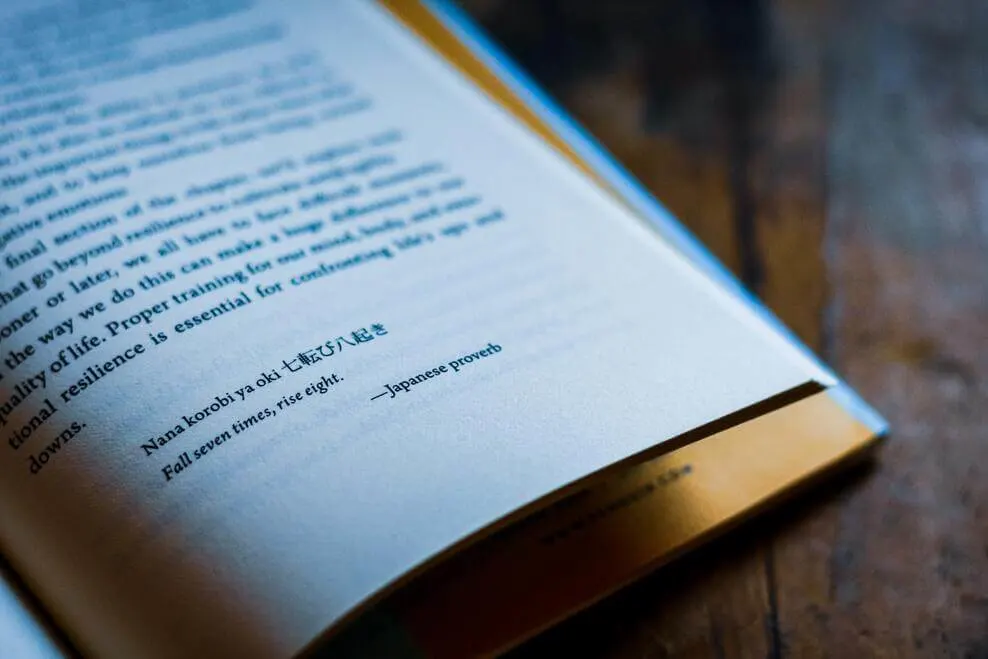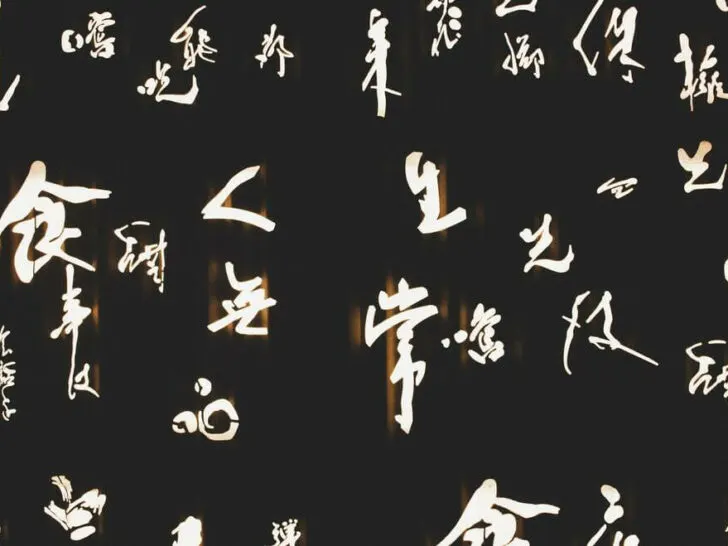Japanese is not as simple and neutral as the English language. It takes expertise and a course to understand it and use the correct words in the correct context.
Several words in Japanese have the same meaning but differ in terms of grammar and usage.
“Watashi wa”, “Ore wa”, and “Boku wa” are some of those words that have the same meaning but a kind of misinterpretation. They are some of the most frequently used words in the Japanese Language.
They all mean the same thing; “I am”. But “I” is expressed in many ways. It is used in a variety of ways by different people.
“Ore” is a word that only macho guys use. While “Boku” is used by less macho men, “Watashi” is reserved for women and those to whom you wish to show respect.
Here, I’ll address all these words along with the meaningful variations among them. Once you are with me throughout this article, you’ll grasp these words and their right use.
So why not just start to continue it already? What’s the wait? Let’s get to it right away.
In Japanese, What is the Difference Between “Watashi Wa,” “Boku Wa,” and “Ore Wa”?
It all depends on the level of formality you want to convey to the person you’re speaking with. While all of the words mean “I,” the tone of the conversation varies.
Watashi わたしis the word that is most commonly used in business contexts. And it implies a sense of respect, so
it’s especially appropriate when speaking to someone with a higher social position than you, such as your boss or someone similar.
There are many words used for “I” in Japanese. Some of them are “Boku” and “Ore” as well. They all vary in their contextual meanings.
The most common word used by the Japanese is “Boku.” (ぼく). That’s the phrase you’d say around your friends and acquaintances.
This implies that you and the person you’re speaking with are on the same social level or that the individual has a lower social rank than you.
Both of these words mean “I” in the English Language.
Ore (おれ) is another frequently used word. This one implies that you are either above or quite close to the person with whom you are conversing.
As a result, if you use this with the wrong individual, it could be socially hazardous.
What Does Watashi Wa, Ore Wa, And Boku Wa Mean in Japanese?
To grasp the distinction between these phrases, you must first comprehend the Japanese concept of pragmatics.
Japanese, like many other languages such as French, Spanish, German, and others, uses distinct pronouns depending on who you’re speaking with.
Watashi is a generalized form of “I” that can be used for anything. It’s neutral and respectful. You’ll hear it in everyday conversation. It isn’t particularly associated with anything in particular.
On the other hand, Boku is a form of “I” that implies that the speaker is male and that the speaker is speaking in a casual context. Traditionally, only men are meant to use this pronoun, but it’s not impossible that today’s girls would use it as well.
It suggests that you and the person you’re speaking to are buddies or on an equal footing.
Talking about Ore,
It’s a word that conjures up images of youth, vulgarity, and rudeness. It’s a nearly exclusively masculine form of “I” that’s popular among youngsters. This is a childish manner of addressing someone with whom you aren’t close or who isn’t your age.
The key distinction is that and is gender-specific, whereas is gender-neutral.
All in all, I can say that you can simply delete the personal pronoun from your phrase if you don’t intend to upset anyone in the first place; in Japanese, you can usually figure it out from context.

How Can You Differentiate “Watashi”, “Ore” and Boku”?
The “Wa” in all of these terms indicates “you”, considering someone as a subject. It refers to the person who is speaking.
Watashi is an admitted polite pronoun. It would be used in business and other formal circumstances. Both men and women can use this pronoun in their conversation.
In Japanese, Boku is a less formal, more masculine variation of “I”. It’s something you’d use around your family, friends, and other people close to you. Men mostly use it, although some tomboys also use it.
On the other hand, Ore was: Of all the characters, Ore is the most unique. It’s a colloquial way of saying “I.”
Using this might make you look like a fool or a cool guy, depending on your personality and who you hang out with. It’s an informal type of “I”.
Watashi Vs. Boku
To summarize, we can say that;
"Watashi wa" is a phrase that is frequently used in writing and conversation. It stands for "I."
When speaking with others, the phrase “Boku wa” is frequently used. It also means “I” in English.
“Ore wa” translates to “I am.” This is used to represent yourself and your field of employment.
The meaning of all of these words is the same, yet there are considerable variations in their usage in the Japanese Language.
Is “Watashi” a Feminine Term?
It isn’t unless you’re speaking in a familiar language, for example, if you are talking to your friend. In such cases, males use Boku or ore, and ladies may use atashi instead of Watashi.
Watashi is required in all formal circumstances (or even watakushi in some super-formal ones. Japanese teaches you to use “Watashi”. It is considered the most suitable and accurate one than others such as ore and Boku.
So, we are familiar with the fact that “Watashi” is used by males who are beginners in the Japanese language, while women use it as it is most accurate to be used by females.
Watashi Wa Vs. Ore Wa: What’s the Difference?
“Watashi” is a gender-neutral term for informal or courteous situations. When employed in an informal or casual setting, however, it is frequently seen as feminine. Men and young boys use the term “Boku.” Men frequently use the word “ore.”
Depending on the situation, it could be considered impolite.
When you use it with peers and people who are younger or have lower status, it establishes a sense of masculinity and highlights your position.
When used among close friends or relatives, it conveys familiarity rather than machismo or superiority. Those three words are used by Japanese guys depending on who they are chatting with.
You should utilize “Watashi” when meeting someone for the first time. You can also use “Boku” once you’ve gotten to know them a little better.
Then, if you’ve grown close to them, you can say “ore.” In the case of a lady, “Watashi” can be utilized whenever, whenever, and with whoever.

Is it Possible For Girls to Use Boku?
Boku denotes a man, while Kimi denotes a woman and is equivalent to Anatta. However, the girls use BOKU in several songs. It depends on who is the writer of the song.
There are two probable explanations:
- A man, not a woman, wrote the song.
- The song is sung from a male’s point of view.
In ordinary life, girls do not refer to themselves as BOKU.
I’ve recently heard girls refer to themselves as “Boku” or the even rougher form, “ore”, in some of the talk shows. This is still an extremely uncommon occurrence. The majority of girls who claim this have a tough personality or are at a rebellious stage in life.
Any lady of working age would find it extremely inconvenient to use BOKU.
No matter how tough a girl or boy speaks when they start a job, this usually changes substantially because rough speaking is rude while speaking to a customer. Entering the workforce pushes some Japanese to learn to be polite and considerate.
Of course, it all depends on how the boy or girl was raised by their parents. The majority of Japanese people are naturally courteous.
Commonly Used Japanese Words and Phrases with English Translations
Some of the most commonly used words of Japanese words, along with their English translation, are given in the table below:
| Japanese | English |
| Ohayou-gozaimasu (おはようございます) | Good morning |
| Sumimasen (すみません) | Excuse me. |
| Hai (はい) | Yes |
| Arigatou gozaimasu (ありがとうございます) | Thankyou |
| Konbanwa (こんばんは) | Good evening/ Goodnight |
What Does ‘Watashi Wa Ureshi Janai’ Mean?
It means the person who made it isn’t a native Japanese speaker.
Putting aside the humour, it’s attempting to convey “I’m not happy,” but the grammatically correct phrase would be “Watashi wa ureshikunai.”
If you’re interested, you can look up how to conjugate adjectives in Japanese on Google. One thing to keep in mind is that “happy” in English in this context appears to mean “content with life” or “fulfillment.”
“Ureshii” isn’t a big-picture emotion, and it’s more commonly used for things like “I’m glad I got chosen” or “I’m glad to hear you’re feeling better.”
Now, you know the meaning of this phrase and its correct grammatical use, right?

What is The Meaning of Boku Wa Tobi?
As we already know, Boku means “I”, and “Wa” means “am”, but it has a lot of contextual meanings. It means “I am” in Japanese, so “Tobi” means “date,” so the phrase “Boku was Tobi” means “I want to date you.”
There are many different ways of using Boku wa in a conversion. Some of the examples are:
- Boku wa Tobi- “I want to date you”
- Sometimes Tobi refers to a name, so Boku wa Tobi means “I am Tobi”.
So, they differ in terms of their contextual uses. Overall, “Boku wa” means “I am.”
Final Thoughts
- “Watashi wa,” “Boku wa,” and “Ore wa” all mean “I am” in Japanese. However, they are used in different contexts based on formality and gender.
- “Watashi” is formal and used in business or with those of higher social status. “Boku” is less formal and often used among friends. In contrast, “Ore” carries a more casual and assertive tone.
- “Boku” and “Ore” are typically associated with males.” Boku” is less assertive and more casual, and “Ore” carries a strong, masculine vibe.
- The choice of pronoun reflects social dynamics. It indicates the speaker’s relationship with the listener. “Watashi” implies respect. And “Boku” suggests equality or familiarity. Meanwhile, “Ore” may convey dominance or closeness.
- In Japanese, pronoun choice is crucial for effective communication. Understanding the nuances helps navigate various social situations appropriately.
- Choosing the right pronoun depends on the level of formality. And it also depends on the nature of the relationship. Beginners might opt for “Watashi” to stay neutral. Meanwhile, deeper connections may involve “Boku” or “Ore.”
- Japanese language learning involves grasping not just words but also cultural nuances. Politeness and respect are highly valued in Japanese communication.
- While Japanese may seem complex, numerous online platforms offer accessible ways to understand and learn the language. It makes the process less daunting for learners.
Check out this informative article: The Difference between Nani Desu Ka and Nani Sore- (Grammatically correct)
Other Headings
On the Market VS In the Market (Differences)
UEFA Champions League vs. UEFA Europa League (Details)
Messi VS Ronaldo (Differences in Age)
For more details about these differences, click here.

